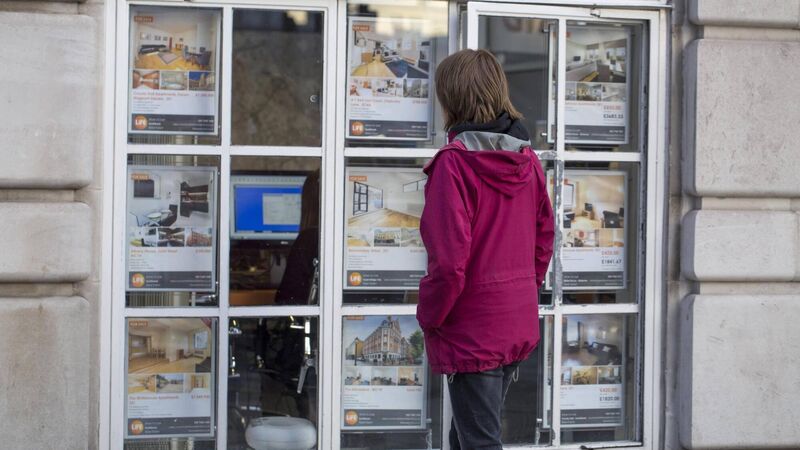Almost one-fifth of private tenants paying more than 50% of net pay in rent

A new survey from national housing charity Threshold found 91% of tenants reported difficulties in securing accommodation. File picture.
The vast majority of tenants living in the private rented sector say they found it difficult to find rental accommodation.
A new survey from national housing charity Threshold found 91% of tenants reported difficulties in securing accommodation.










